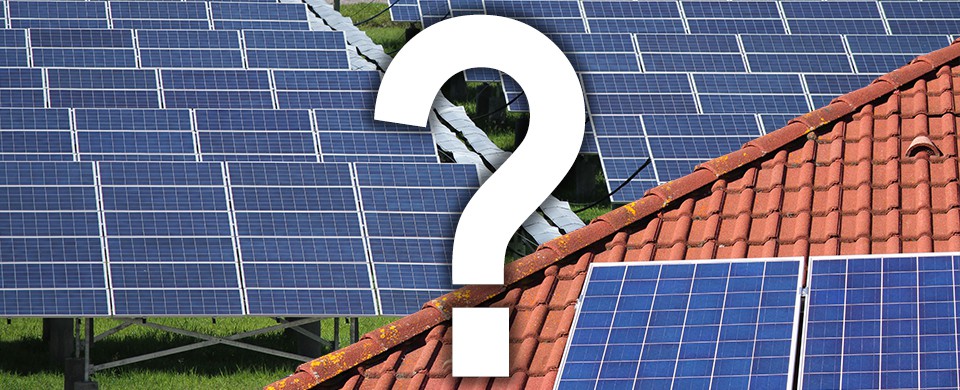While Britain signs China nuclear deal, solar power faces meltdown
When Manchester rolled out Denis Law and Mike Summerbee to meet China’s president on Friday, the symbolism seemed apt.
Much as I admired them both as players, the offering of two ageing former footballers felt like a metaphor for past glories long since lost in the glare of new money.
Xi Jinping and his 200-strong entourage must have boarded their plane home feeling the opium wars had been truly avenged. The Chinese are no longer addicted to heroin, but we are hooked on their cash.
Don’t get me wrong: I like China. Just back from a three week trip to Guangzhou and Hong Kong, I am full of admiration for the vast achievements and boundless – pardon the pun – energy of the Chinese people.
And when it comes to nuclear power stations, I am agnostic about whether the foreign investor is French, Chinese or from outer space. If we lack the wherewithal to build our own now, why not partner with China?
But you do have to wonder at the irony of a government so eager to sell a huge share in future energy generation at a time when it is wilfully driving a home-grown success story to the wall.
With the ink barely dry China’s acquisition of a 33.5% stake in the Hinkley Point C plant in Somerset, leaders of Britain’s solar energy companies were warning of a meltdown if the government’s surprise plan to cut incentives goes ahead.
On her appointment as energy secretary in May, Amber Rudd had promised a solar revolution. But three months later she shocked an industry employing 35,000 people by saying she is considering cutting by 87% the feed-in tariff that subsidises small scale solar installations, such as household roofs, from 1 January 2016.
The consultation on this closed on Friday, but I suspect some of the submissions will be unprintable when the final report comes out.
The Solar Trade Association (STA) says: “The government’s proposals for solar are so extreme that most solar companies are not able to envisage surviving next year.
“The few that can are looking to exit the UK. The government must recognise they have made a very serious mistake and act quickly to stabilise the British solar industry.”
For some it is too late. Caerphilly-based Southern Solar is among the casualties, going into administration two weeks ago, having already cut its workforce from 100 to 22.
Chief executive Howard Johns called the loss of the remaining jobs “the latest example of human misery generated by the misguided policy of the current government”.
The energy secretary, meanwhile, blamed her Liberal Democrat predecessors, saying she had to get a grip on spending because the subsidy had over-run projections made in 2012.
She doesn’t mean, though, that the subsidy per megawatt hour has increased – the ‘problem’ is the scheme has been taken up by far more people than expected. Indeed, solar provided a staggering 16% of the UK’s electricity on one day in July.
But they can’t have that, not when it eats into the revenue of the big energy companies, says Nick Pascoe, managing director at Orta Solar, another company closing its doors.
He accused the government of being ‘in the pockets of established monopolies’ and ‘doing their bidding in actively destroying UK renewables’.
The reaction to Ms Rudd’s proposed subsidy cut has been so fierce she may well try to find a compromise. But the trouble is that this sorry tale will leave a lasting bad taste, deterring investors from backing renewables for fear of more policy lurches in the future.
The STA says the industry had planned to wean itself off subsidies between 2020 and 2025 but needed a stable policy framework to get there.
With the climate change summit in Paris coming up in two months, the chaos in solar is a poor reflection on Britain’s commitment to reducing carbon emissions.
China, on the other hand, has announced plans to nearly quadruple solar power capacity by 2020. At the 2009 climate change summit in Copenhagen, China was criticised for holding back progress, but now its policies on renewables are earning praise from the likes of Greenpeace and Christian Aid.
It’s a funny old game.
Steve Howell
This article is Steve’s monthly business column for Walesonline and the Western Mail newspaper.
Steve Howell is also the author of Over The Line, a novel telling the story of a coach whose star athlete becomes embroiled in a drugs controversy.
Follow him on Twitter @fromstevehowell
Over The Line is available on Kindle (£3.49) via Amazon and in paperback (£7.99) at Waterstones, W H Smith and other bookshops or via this website (post free) – ORDER

